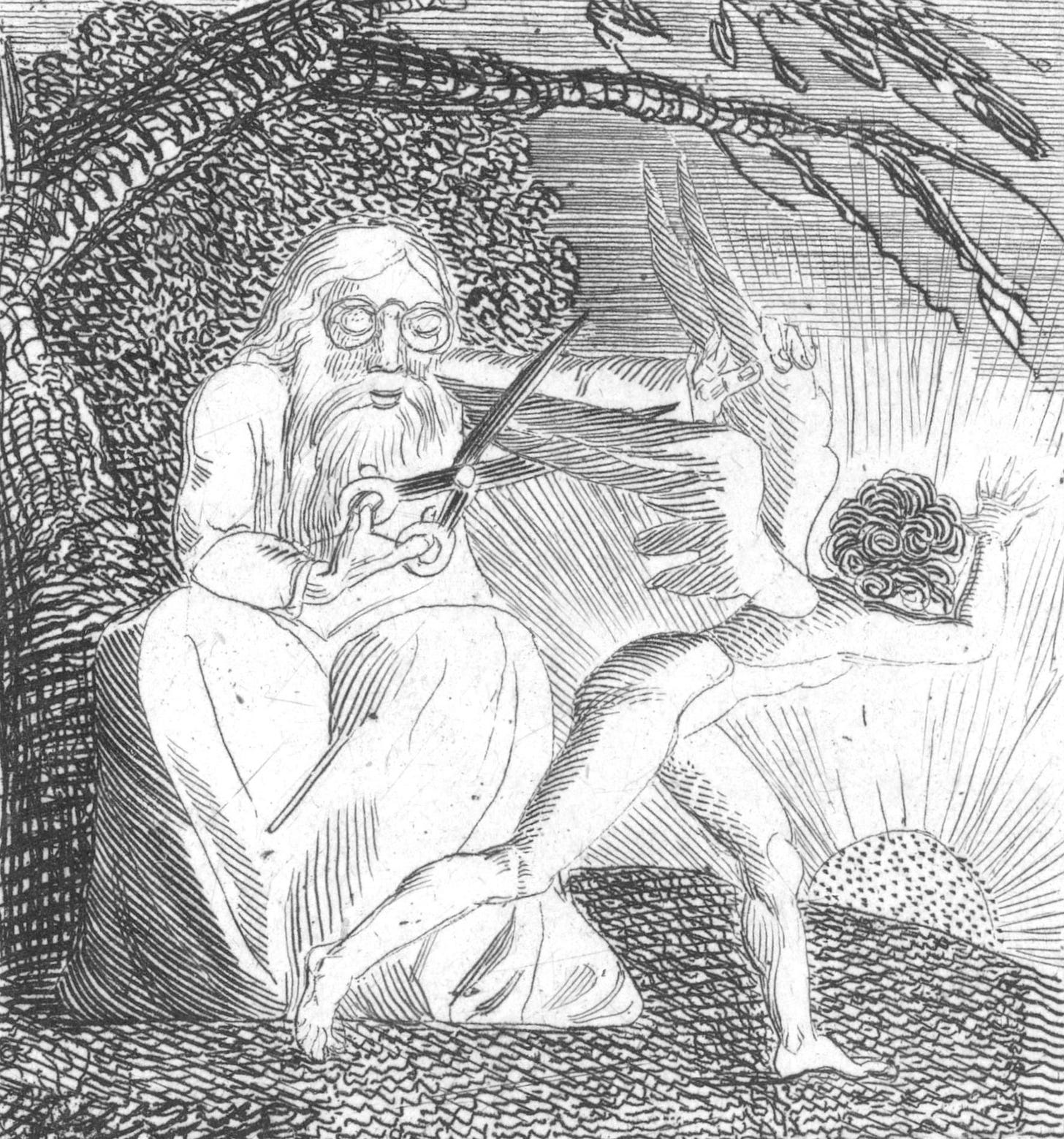
During the Cold War, liberalism underwent a seismic shift: the movement’s Enlightenment-inspired ideals of emancipation were replaced by what Samuel Moyn calls “an austere vision of personal freedom against state interference.” What happened—and can those earlier ideals be salvaged?
This week at Public Seminar, we’re returning to Moyn’s discussion of the history—and future—of liberalism in an interview with Julian Nicolai Hofmann.
Liberalism Against Itself and the Return of the Cold War
Julian Nicolai Hofmann and Samuel Moyn
Hofmann: The crisis of liberal democracy has frequently been characterized as a decline in its core institutions and the erosion of its political foundations. (It appears that your analysis aims to delve deeper.) How does your book contribute to the ongoing discussions about the crisis of democracy?
Moyn: I side with those who consider the crisis of democracy to be actually a crisis of liberalism, and one liberalism has earned through self-imposed mistakes. Where I differ with the bitterest critics of liberalism is that I think liberalism deserves, or at least will get, another chance to redeem itself. And in this context, I wanted to revisit its most emancipatory possibilities and warn that their Cold War liquidation left liberalism truncated—indeed, this very liquidation not only paved the way for neoconservatism and neoliberalism but created a rhetoric for masking their devastating effects. I do not doubt that there are institutional stories to tell about the crisis of democracy today. Often, however, we are really dealing with a liberal fear of democracy, and the role is not the erosion of the power of institutions but their strengthening (consider the cases of central banks or supreme courts). I do not think electoral democracy is generally under threat, and indeed, the most sophisticated diagnosticians have been emphasizing how the Right works through democracy and law rather than scuttling either. But what is most at stake, I believe, is whether the masses of citizens feel that our form of liberal democracy is appealing and inspiring. Cold War liberalism tried to teach them that they should not have such expectations. In the long run, defending democracy by constantly repeating that it has been saved from its enemies does not leave it with enough friends.



